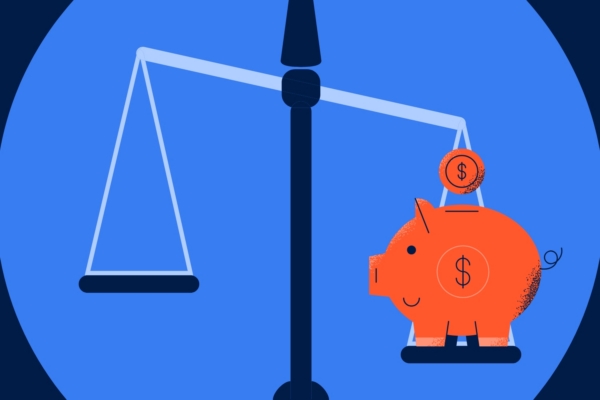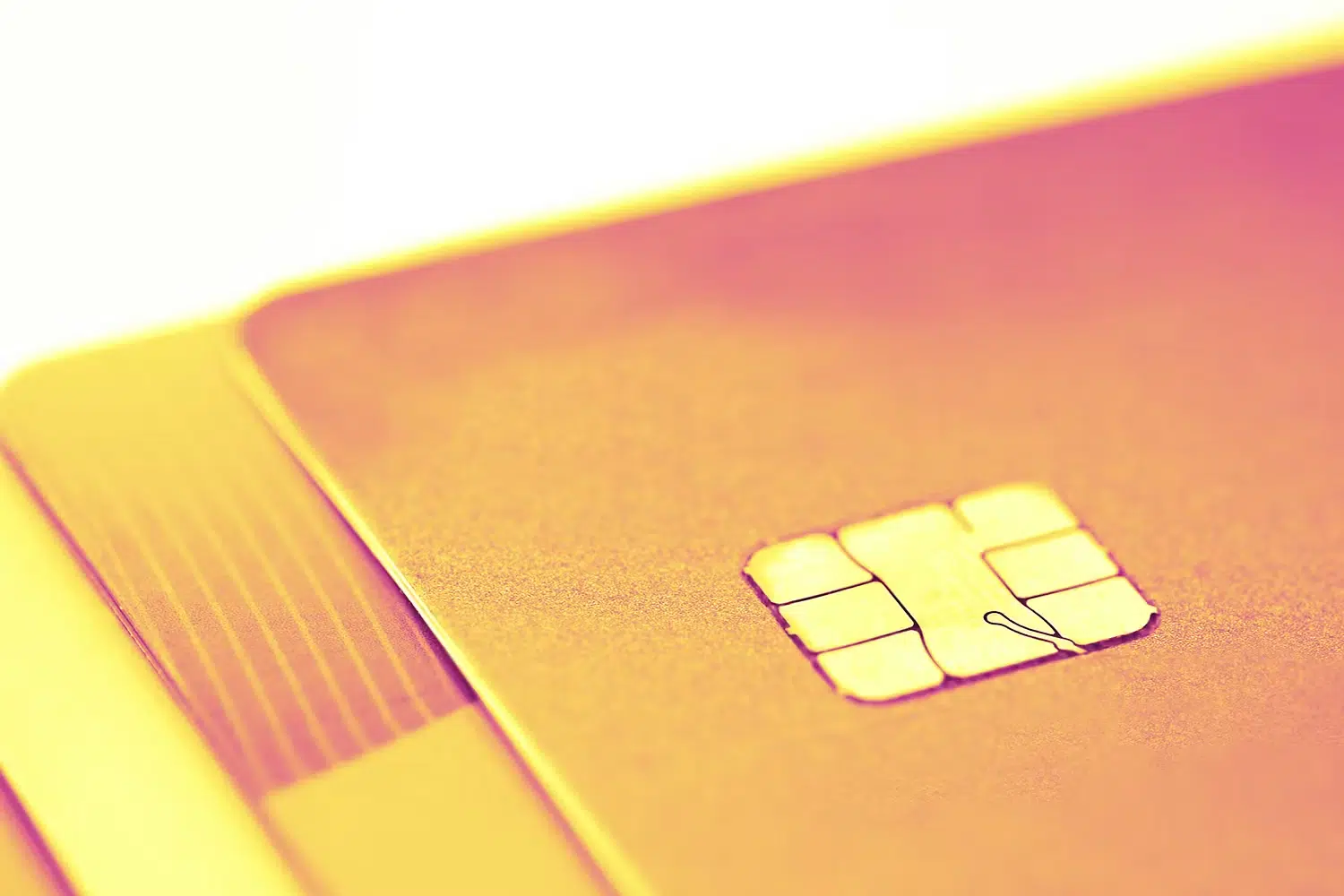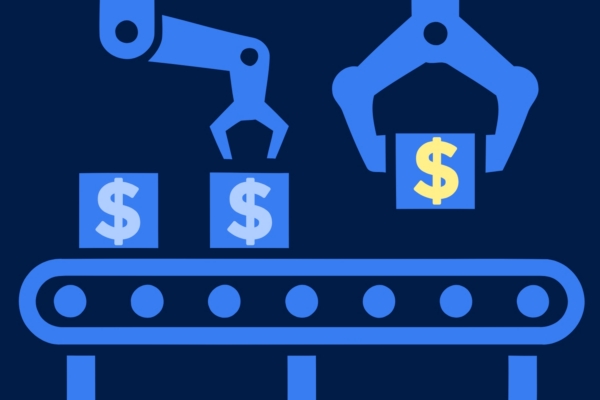
How to Get the Most from Your Debit and Credit Cards

Many consumers often question whether a debit card or credit card is better. You might hear people swear by one or the other, but the truth is that both can be helpful financial tools— as long as you use them wisely. The two cards are different in how they function, therefore each offers a unique set of advantages.
Here’s what you need to know about credit cards, debit cards, their differences, and their benefits.
What’s the difference between a credit card and a debit card?
Though they may look the same, a credit card and a debit card are fundamentally different.
A debit card is tied to a savings or checking account. As you spend using the card, money is deducted straight from your account.
On the other hand, when you make a purchase with a credit card, the amount is charged to a line of credit. At the end of the month, you’ll pay off the balance of whatever you charged to the account during the month.
Credit card companies also allow you to stretch payments out, as long as you make the minimum required payments. However, if you don’t pay off the full balance, it will begin to accumulate interest, which can be steep and lead to debt. Because you can spend money that you actually don’t have, there are more risks to using a credit card.
Benefits of a Debit Card
Debit cards come in handy in a variety of situations. Here are a few reasons why.
There are no interest charges and fewer fees.
This is one of the biggest advantages of a debit card. The money that you spend using a debit card is already yours, so you won’t have to worry about those pesky interest charges that come with borrowing money with a credit card. Debit cards also come with fewer fees than you may find with credit cards like annual fees, late fees, and cash advance fees.
You can use it to budget.
Debit cards can be a great tool for budgeting. If you’re monitoring your debit account, you’ll always know exactly how much you have to spend. This makes saving even easier.
You’ll have easy access to cash.
Though cards are widely accepted nowadays, we’ve all been in a situation where we needed cash. Luckily, getting cash with a debit card is easy. Simply use your card to withdraw cash from your account at any ATM. You can also get cash back at many convenience and grocery stores when you pay with a debit card.
Benefits of a Credit Card
Credit cards offer some unique advantages that you can’t find with a debit card.
You can rack up rewards, points, or miles.
Many credit cards nowadays come with cash-back rewards, points that can be exchanged for items, or miles that can be used towards airfare or lodging. The more you spend on your credit card, the more rewards you get.
You can build your credit score.
A credit card is a great way to build your credit score. The three credit bureaus use factors like repayment history and credit utilization ratios to calculate your score, so keeping up with monthly payments and not maxing out your cards can help you in the long run.
It can also be good for budgeting.
Though it doesn’t have the same budgeting power that a debit card does, a credit card can also be used for budgeting. If you already have your finances under control and are disciplined with your credit card, you can use it to categorize your expenses. For example, you can track your monthly food expenses by charging only dining out and groceries to a specific credit card. At the end of the month, you can see exactly how much you’ve spent in that category. Note: if you’re using a credit card for budgeting, be careful to pay off the balance each month. It’s helpful to think of a credit card as real cash in your bank—because it will be paid by real cash!
You can spread out large payments over time.
If you need to make a large purchase but don’t have the cash on hand to cover it, a credit card can be a great way to spread out the payments into more manageable chunks over time.
You’ll want to do this with caution, however. Because credit cards can come with hefty interest rates, your monthly balance can quickly spiral out of control if you aren’t prepared. Always be sure to factor in accumulated interest when mapping out a repayment plan using your credit card.
How to Use Your Debit and Credit Card Wisely
Having a credit card or debit card doesn’t do much good if you don’t use it wisely. Here are some tips to keep in mind when using your cards.
- Keep track of your spending. When you swipe a card, it can be easy to lose track of what you’re spending. Be sure to check in with your online banking account or credit card account often to keep your spending in check.
- Know your limits. Debit cards typically come with daily spending limits; credit cards usually have a balance limit. Debit card limits exist as a fraud protection measure and can be temporarily raised by contacting your bank. In contrast, credit card limits are the maximum amount that a credit card company will extend to you. Going over the limit on a credit card can result in penalty fees.
- Don’t spend more on a credit card than you can afford to pay back. This piece of advice is specific to using a credit card. Though it can feel like free money, it’s not. Be mindful of what you’re spending, your outstanding balance, and what you can realistically afford to pay back. It’s always best to pay your bill off in full every month.
- If you lose your card, make sure to report it immediately. A lost or stolen card should be reported immediately to your bank or credit card company. They will close the card immediately, which will prevent anyone from making fraudulent charges in your name.
Make Your Cards Work for You
Having a credit card and a debit card can give you the best of both worlds. When you have both, you can take advantage of the easy budgeting and cash access of a debit card while also benefiting from the rewards and credit-building that a credit card offers. Understanding the difference between a credit card and a debit card can help you use the right one in the right situation. Regardless of which is your go-to, use them wisely by keeping track of your spending, not letting balances get out of control, and understanding what your limits are.
Become a Member Today
Join one of Austin’s fastest-growing credit unions and take advantage of our award-winning financial products and services!



